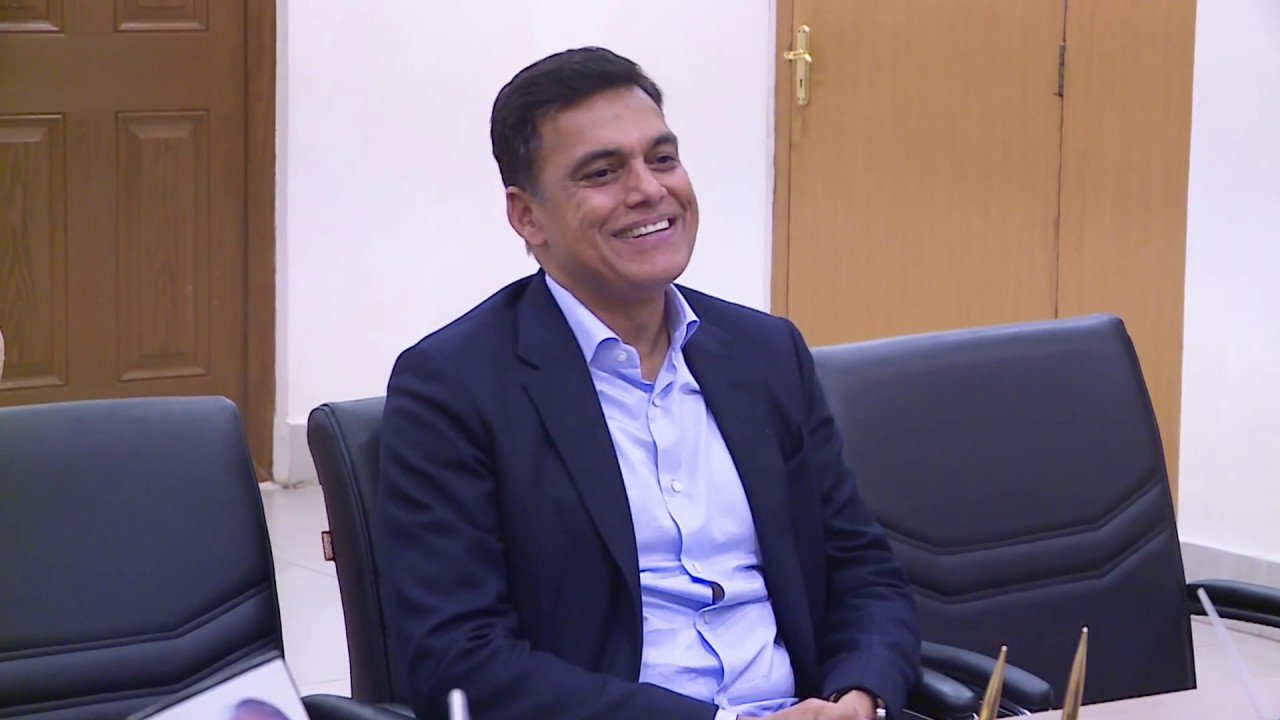To reduce its carbon footprint, JSW Steel has earmarked a sum of Rs 10,000 crore to increase the use of renewable energy to replace thermal power and other green initiatives, its Chairman Sajjan Jindal said.
Various steel makers use coal to generate thermal power for captive use.
According to a Ministry of Steel document, globally, the iron and steel industry accounts for around 8 percent of total carbon dioxide (CO2) emissions. In India, it contributes 12 percent to the total CO2 emissions. Thus, the Indian steel industry needs to reduce its emissions substantially given the commitments made at the COP26 climate change conference.
”We have earmarked Rs 10,000 crore for investments to reduce our carbon emissions through various initiatives, such as increasing the use of renewable energy to replace thermal power, reducing our fuel rate through improved raw material quality via beneficiation, and deployment of Best Available Technologies (BAT),” Jindal said.
JSW Steel has already contracted for 1 gigawatt (GW) of renewable energy, of which 225 MW has become operational in April 2022, and the balance will come on stream in phases, Jindal said in his address to shareholders in the company’s Annual Report for FY 2021-22 He further said the expansion of the company’s Vijayanagar plant from 12 MTPA to 19.5 MTPA is underway, and CAPEX cost is well below global benchmarks.
The company’s ongoing expansion projects are oriented towards producing steel with higher use of renewable power, best-in-class digitalization to achieve operational efficiency, and the best available technologies to reduce associated CO2 emissions.
”We are consciously going beyond basic steel and are consistently maintaining the share of VASP (value-added and special products) in our product mix to over 50 percent,” he said.
The energy transition has provided a significant opportunity for steel players, with huge investments being made in renewable power generation, and transmission and distribution infrastructure, all of which are steel-intensive.
”At JSW Steel, ESG (Environmental, Social, and Governance) is core to everything we do. We have committed to reducing our CO2 emissions intensity… by 42 percent by 2030, compared to the base year of 2005, aligned with India’s Nationally Determined Contribution (NDC),” Jindal said.


















